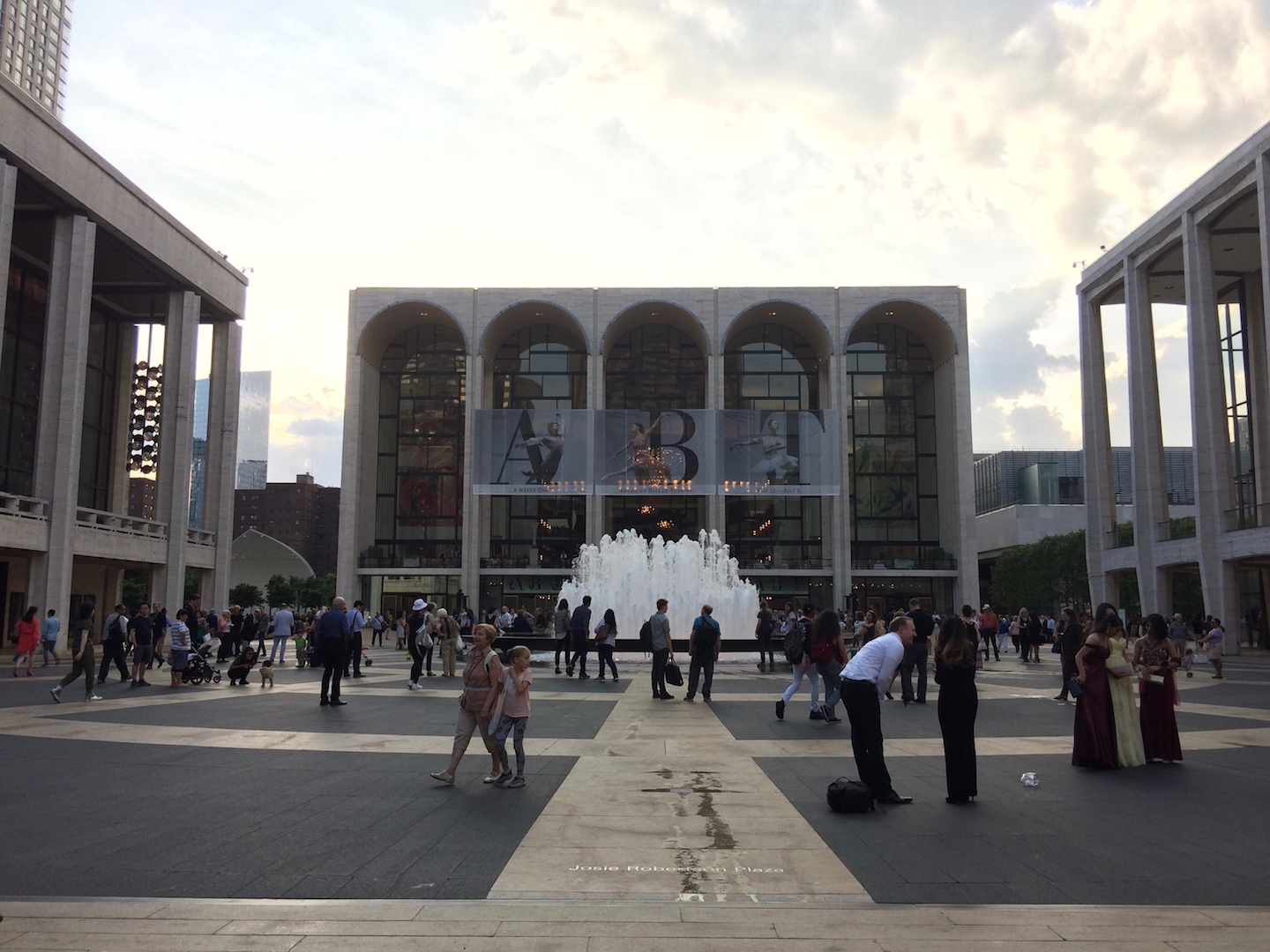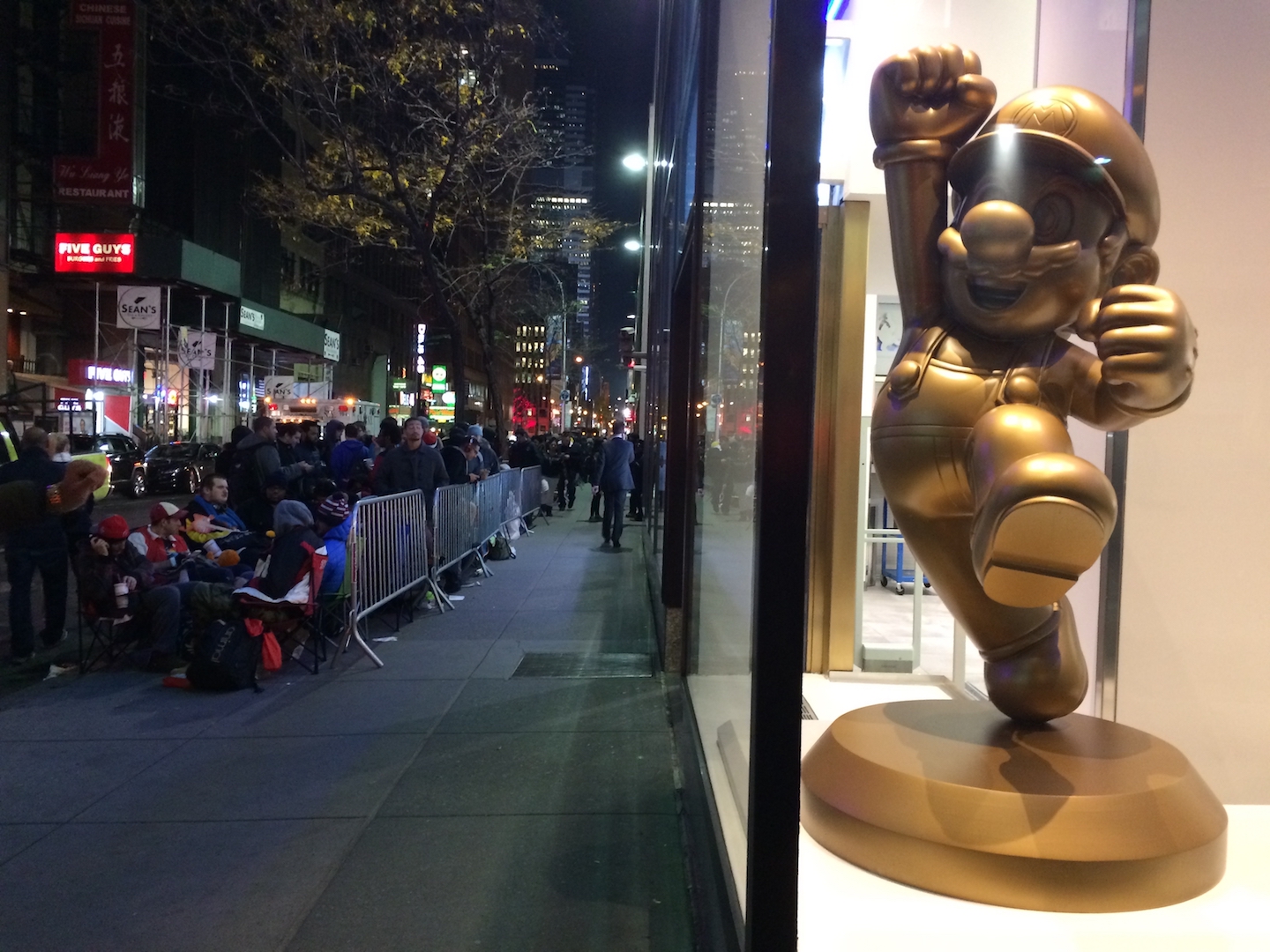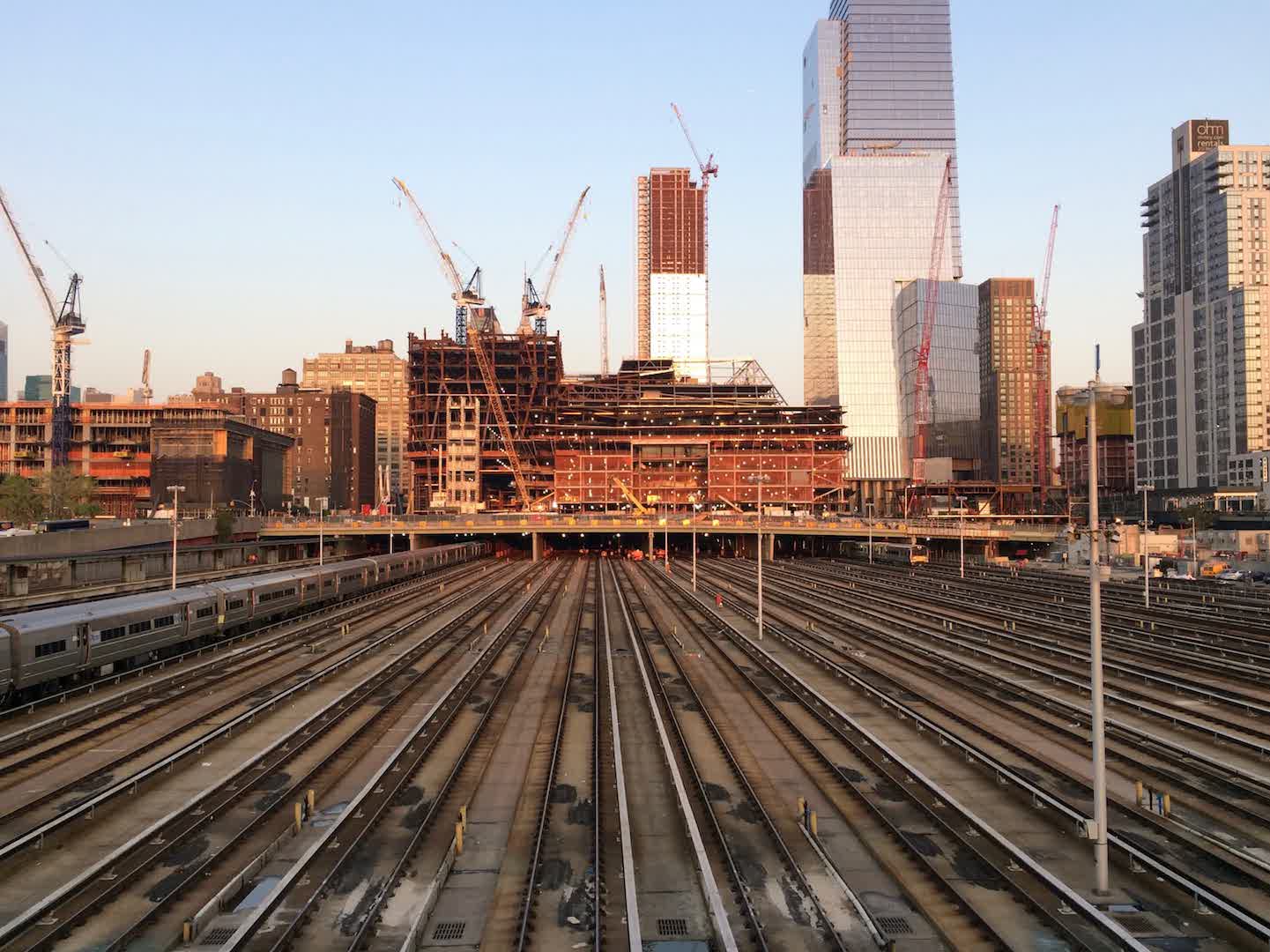Saying Goodbye to the Big Apple
When I talk to people about New York, I typically get one of two reactions. The first is a sort of reverent awe of the city, an admiration of its life and cultural richness, of its grand scale and its diversity of experience. The second is a sort of disdain, a general feeling that they would be overwhelmed or exhausted there, swallowed up by a city that doesn’t know their name and never will.
Neither of these viewpoints are wrong. They reflect different priorities in a person, a different understanding of what makes life worth living and what they’re okay with sacrificing.
Around a year ago, after doing a summer internship in the San Francisco Bay Area, I made the decision to accept a full-time job offer there after graduation, even though I had the option to take the same position, or a very similar one, in New York. I’ll be moving there in about two or three weeks.
I made this decision partly on a rational level: the Bay Area is the base of operations for my new job, meaning I get a lot more flexibility to do what I’d like within it. That’s not to mention the activity and opportunities in the area as a whole, since the Bay Area is the focal point of the world of technology. But a big part of the driving force behind that decision was emotional. New York, as much as I had enjoyed my time there, had tired me out.
Since then, I’ve had a lot of time to think about that decision, to explore why it is that I felt this way. And I’ve had a couple of insights that might help give people a better picture of my feelings towards the city, and to know what it’s like from the inside.
The cultural richness is absolutely real
New York has a cultural life to a scale unlike any other city in North America. You can live there your entire life and never run out of musicals, art museums, concerts, dance shows, and other cultural events to see. Even though I took advantage of it, I didn’t even come close to scratching the surface of what this city has to offer. And you don’t even have to look very hard to find it: enough talented artists and musicians flock to this city that, given enough time, even if you don’t go looking for them, they’ll find you.
Seriously, they’re everywhere.
This doesn’t just apply to the arts. After all, when you have a city with this density of people, you can find just about anything. Most professions are well-represented here, and most hobbies are as well, if you go looking in the right places.
But the flipside of this is that…
It can be a money sink
No matter how much money you have, New York can absorb it. You’re living in a city where literal billionaires spend their time and do business. You’ll find no end of high-end shopping, food, shows, and homes to gracefully soak up any income you bring to it.
This is especially true when it comes to real estate. If you want to live in a decent apartment in a trendy area in downtown Manhattan, you can expect to pay thousands of dollars in rent for a one-bedroom apartment.

Just outside the Metropolitan Opera. You can tell this place is high-class because it has one of the most expensive things you can buy in Manhattan: empty space.
There are plenty of places to live in the city, each with their own price and flavour. Downtown Manhattan is what most people think of when they think of “New York”, Brooklyn is more relaxed and has a lot more open space, Forest Hills is all about rich detached houses, and Inwood is the greenest, quietest, cheapest area you can live while still being in Manhattan, with the tradeoff being that it’s an hour away from downtown.
But in my case, I would have been working in downtown Manhattan. So the choice would have been to either live close to work, with all the expense that would imply, or deal with a long commute that would make it difficult to socialize.
You have to fight isolation
For three out of the four school semesters I spent in New York, I did that long commute, and I think that contributed, at least partly, to how I ended up feeling about the city. It was impossible to just head out and meet friends at a moment’s notice.
My last semester—when I moved into a nice apartment downtown, with good roommates, that was walking distance from the university—led to a significant positive change in my social life. But I was paying more for a single room downtown than I had paid for a whole one-bedroom apartment up in Washington Heights.
Even living downtown, though, is not a silver bullet, particularly if you’re not in school.
Things you only see in New York: a talented live jazz band playing in a tiny restaurant that seats only around a dozen people.
Social science has a concept of a “third place”. The idea is there are three important places in nearly everyone’s life. The first two are home and work, respectively. The third one is a place for socializing, and while they vary in what kind of places they are, they have several common characteristics. Among other things, they have people who come there on a regular basis, they’re usually near food and drink, and crucially, they should be cheap or free to spend time in.
That last criterion is a problem for Manhattan, because real estate is expensive enough that any “hang-out” space needs to justify its existence financially. This pushes prices up in bars and cafés and leads to reduced seating space, making it harder to go to any one place too frequently.
Not only that, but in a city with so many people, it becomes much harder to see the same person on a regular basis. This is the most important thing to creating new friendships: if you have someone who you see regularly, all it takes is one or two common interests for you to end up friendly with each other.
This is why, in my last year there, most of the good friends I made were working in, or associated with, the university lab where I did my research. The more time I spent there, the closer I became to the people who were also there regularly.

New York has the only Nintendo Store in North America, and in hearing about that store and its events as a kid, it always felt like a mythical faraway place. So when the opportunity came to catch its midnight launch event for Pokémon Sun and Moon, one of my favourite game series growing up, I knew I had to take the opportunity to go.
An example of the opposite is when I attended the midnight launch for one of my favourite game series at the Nintendo Store. I arrived a few hours before midnight, and already there was a massive lineup going around the block. While waiting near the end of the line, I struck up a conversation with the group of guys in front of me, and they turned out to be really nice people. They all worked in the theatre industry, and we got along pretty well, probably helped by the fact that we already knew we had an interest in common. We exchanged social media contacts at the end of the night.
And then… I never saw them again. I got caught up with school, they surely got caught up with their own lives, and after a few months passed, the idea of messaging them felt like imposing myself on their lives as a stranger.
I admit that I tend to be somewhat anxious, and that makes me bad at keeping up with people in situations like this. But if I had seen any of them again in person, even once, I could see myself striking up another conversation and inviting them to hang out and play games together sometime. But without that opportunity, it takes a lot more effort, so we just drifted away.
And this is why I’ve taken to saying that in New York, every connection is a missed connection. If you meet someone you like, you will almost surely never see them again unless you make an effort to do so.

Real estate and transportation: two extremely important problems in a city as dense as New York.
I expect that if you live long enough in the city, you start to overcome these problems. Maybe after a few years you manage to find the little places where you can hang out with people that come by regularly and fit your personality.
Even I was starting to get to that point, and that’s the thing that gives me the most pause when reflecting on my decision. By the time I left—nearly a year after I made the decision to move to the Bay Area after graduation—I had a good group of friends that I cared about and trusted deeply. But at the same time: most of those friends are students. There’s a good chance that over the next few years, as they graduate and establish their lives, many of them will drift away from the city in the same way that I did.
I don’t know if San Francisco is going to be too much better, admittedly. But people often say New York is a very lonely city, and I think this is at least part of the reason why.
In the end
As much as I liked the activity, the things you can do in the city, the life that New York has within its boundaries, and all the good friends I made there, in the end it just didn’t feel like a lifestyle I could sustain for an indefinite period of time. It was a city that was good to live in for a while, but not forever.
It’s possible that my opinion will change in the future as I experience new places and my own needs shift. But in making the decision to live in the Big Apple, it’s good to know what you’re getting into, what daily life is like behind the glitz and glamour.
I met people there that love it, that wouldn’t trade that lifestyle for anything. But for me, it felt like time to move on. I have new places to go, new people to see, and new things to do.
I was grateful for my time in New York, and I’m the better for having been there. But in the end, it felt better for me to raise anchor and set sail once again.